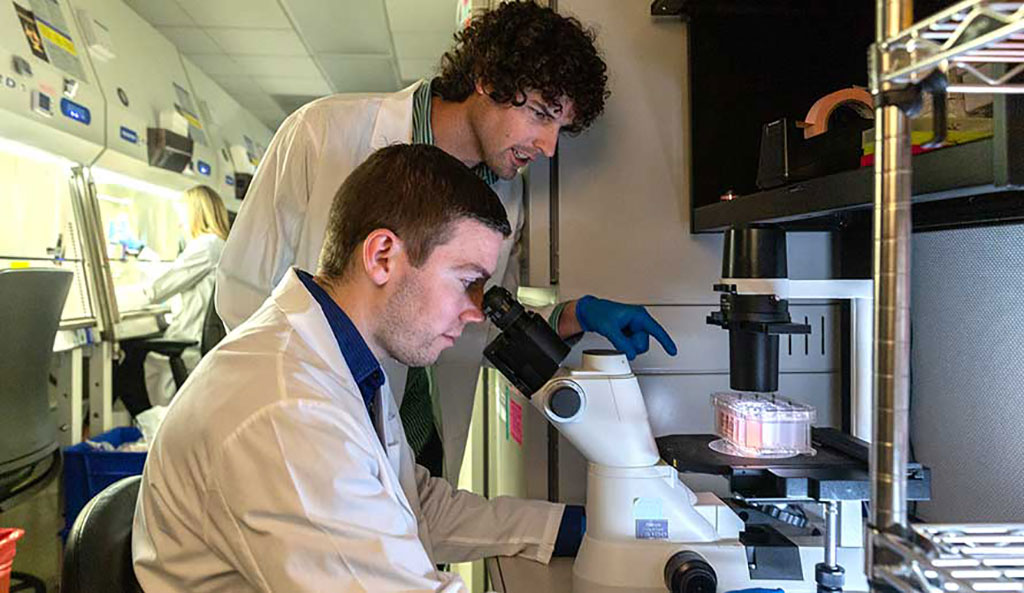Oral Gargle Biomarker Panel Provides Earlier Detection of Oropharyngeal Cancer
Posted on 04 Dec 2023
Oropharyngeal cancers, which originate in the tongue's base, soft palate, tonsils, or throat's back wall, are increasing in prevalence, with about 80% of cases linked to the HPV type 16 infection. Early detection is crucial since late-stage diagnoses often lead to aggressive treatments, high disease incidence, and long-term health impacts. Now, groundbreaking research has unveiled a promising noninvasive diagnostic biomarker panel for the early detection of oropharyngeal cancer.
A research team at Moffitt Cancer Center (Tampa, FL, USA) has focused on developing a noninvasive oral gargle biomarker panel. This panel is designed to detect oropharyngeal cancer in the early stages and can distinguish between early-stage cancer and non-cancerous cases using just a single oral gargle sample. In subsequent studies, the researchers enhanced the panel's accuracy, incorporating factors like oral HPV 16 status and 13 distinct methylated regions corresponding to specific genes.

The team is now moving to the next stage of their groundbreaking research. They aim to refine and validate this clinical assay further by examining the biomarker panel in a diverse group of participants. This includes 100 individuals with early-stage oropharyngeal cancer, 100 with late-stage cancer before treatment, and 200 control subjects without cancer, using samples from existing biorepositories. This advancement in biomarker development could significantly impact the early detection and treatment of oropharyngeal cancer.
“Our central hypothesis is that we can distinguish early oropharyngeal cancer cases from cancer-free individuals using biomarkers related to HPV and host epigenetic alterations. This will enable the identification of tumors that can be effectively and safely treated with a single modality, ensuring the highest chances of survival,” said Antonio Amelio, Ph.D., co-principal investigator of the study, vice chair for research in Head and Neck Oncology and associate member of the Tumor Microenvironment and Metastasis Department at Moffitt.
“This approach to oropharyngeal cancer early detection utilizes a noninvasive specimen easily obtained, for example, in routine dental practice. Once validated and put into practice, we believe this test will contribute to a paradigm shift in the way the disease is diagnosed and treated,” said Giuliano, co-principal investigator of the study and founding director of Moffitt’s Center for Immunization and Infection Research in Cancer.
Related Links:
Moffitt Cancer Center













